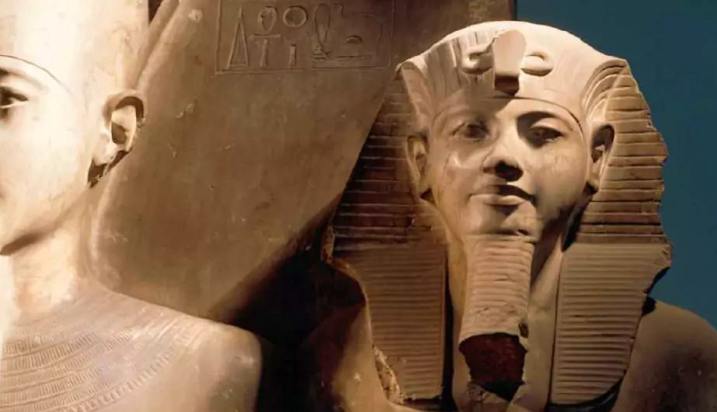The ancient Egyptians believed that the body was essential for the soul’s journey into the afterlife. To ensure its survival, they developed a complex and, to our eyes, gruesome process of artificial preservation: mummification. This highly skilled procedure took 70 days to complete and involved a series of precise steps to cheat decomposition. What exactly did this intricate process entail?
Table of Contents
🧠 Step 1: Removing the Insides
The first step was to remove the internal organs, which are the first to decompose. Embalmers would use a long metal probe, inserted up through the nose, to liquefy and drain the brain, which they simply discarded as they believed the heart was the center of intelligence. Next, they made a small cut on the left side of the body to remove the intestines, stomach, liver, and lungs. These organs were treated and stored separately in four special containers called Canopic jars.
🧂 Step 2: Drying the Body
With the organs removed, the body cavity was cleaned and then completely covered in natron, a natural salt. The body was left to dry in the salt for 40 days. This crucial step desiccated the flesh, removing all the moisture that bacteria and mold would need to grow. This process is what truly preserved the body in a lifelike condition, preventing it from rotting away.
📜 Step 3: Wrapping and Ritual
After 40 days, the now-dried body was rubbed with oils and resins to create a protective coating. Then came the final stage: wrapping. The body was meticulously wrapped in many layers of linen bandages, a process that could take weeks. Protective amulets, each with a specific magical purpose, were tucked into the wrappings at various points. Once fully wrapped, the mummy was placed in its decorated coffin, ready for the ‘Opening of the Mouth’ ceremony, which would magically reanimate its senses for the afterlife.
Bibliography:
BBC History Specials: Ancient World, 2025. Immediate Media Company London Limited, 2024.
- Curses: The History of the Evil Eye and Binding Magic
- Magical Plants: A Witch’s Garden of Herbs and Poisons
- Roman Magic: Curses, the Strix, and Everyday Protection
- Circe: The Greek Sorceress of Transformation and Myth
- Greek Magic: Hecate’s Power, Oracles, and Enchantresses
- Japanese Magic: Yōkai, Onmyōdō, and Supernatural Folklore
- Empress Chen Jiao: The Royal Scandal of Witchcraft in Han China
